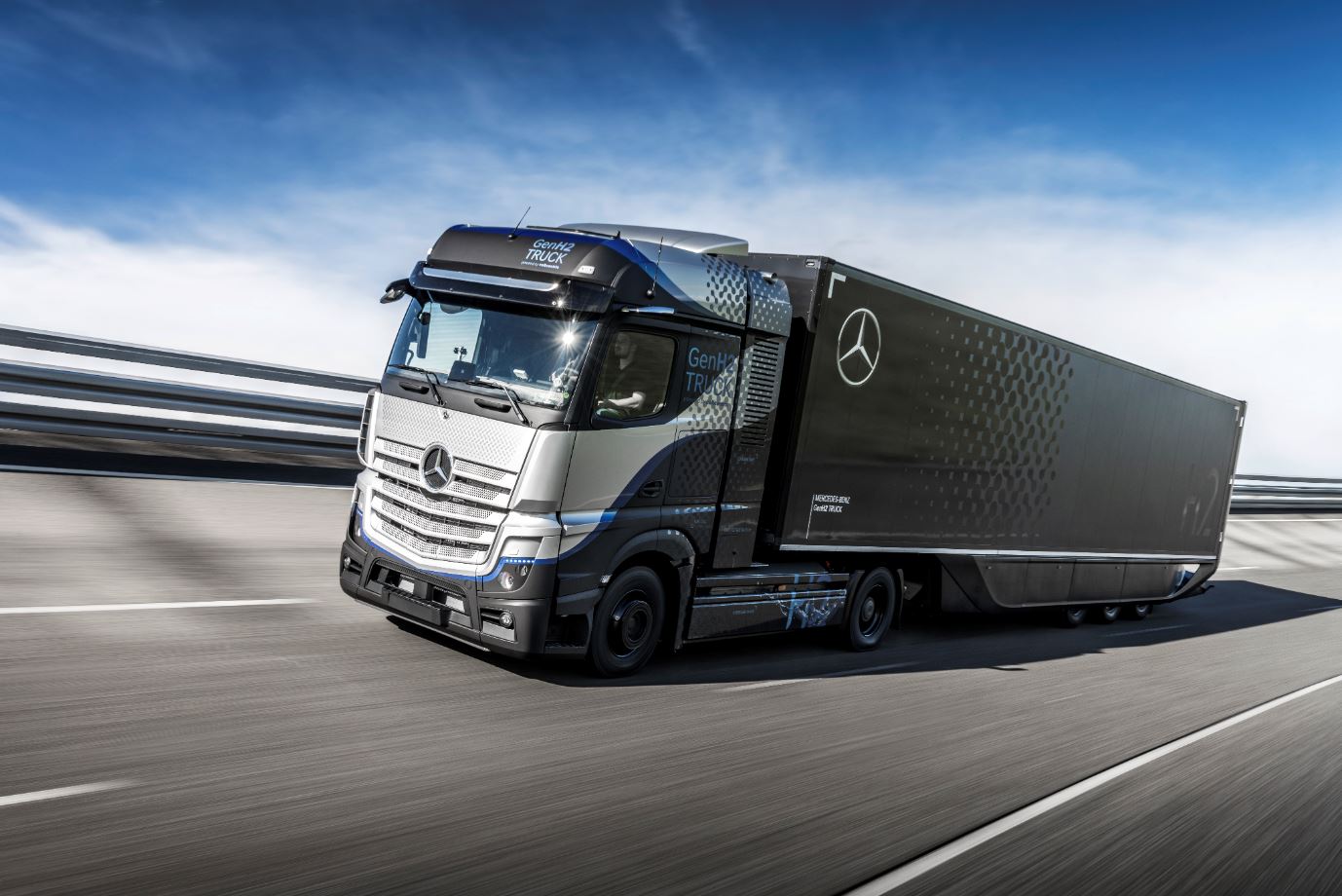A unit of the Hague-based LNG giant Shell and Germany’s Daimler Truck plan to deliver 150 hydrogen refueling stations and around 5,000 Mercedes-Benz heavy-duty fuel cell trucks in Europe by 2030.
Shell New Energies and Daimler revealed this in a statement last week after signing an agreement aimed at boosting the adoption of hydrogen-based fuel-cell trucks in Europe.
“The companies plan to support the decarbonisation of road freight by building-out hydrogen-refuelling infrastructure and placing fuel-cell trucks in customers’ hands,” the statement said.
Shell plans to initially rollout a hydrogen-refueling network joining three green hydrogen production hubs at the Port of Rotterdam, in the Netherlands as well as Cologne and Hamburg in Germany.
From 2024, Shell aims to launch heavy-duty refueling stations between the three locations and Daimler Truck plans to hand over the first heavy-duty hydrogen trucks to customers subsequently in 2025.
In addition, the duo will look to continuously expand the hydrogen-powered freight corridor, which will cover 1200 kilometres by 2025.
Invitation to other potential partners
The agreement also includes the joint aim to establish an open refueling standard defining the interaction and interface between the truck and the refuelling station in order to realize “customer friendly, cost efficient, reliable and safe hydrogen refuelling.”
The two firms have also invited other potential partners to join them in their efforts.
Both Daimler Truck and Shell are founding members of the recently launched H2Accelerate consortium and consider the group a “key vehicle” to support the rollout of hydrogen-powered transport in Europe.
The agreement builds on Daimler Truck’s fuel-cell truck rollout plans and is an extension of Shell’s existing hydrogen refueling networks in Europe and North America.
Shell has also earlier this year launched a study with Deloitte saying that road freight executives and experts view hydrogen fuel cell electric vehicles as the most viable long-term zero-emission truck technology.
Besides hydrogen and batteries, low emission fuels such as LNG and bio-LNG will also play their role in decarbonising the sector, the study finds.

